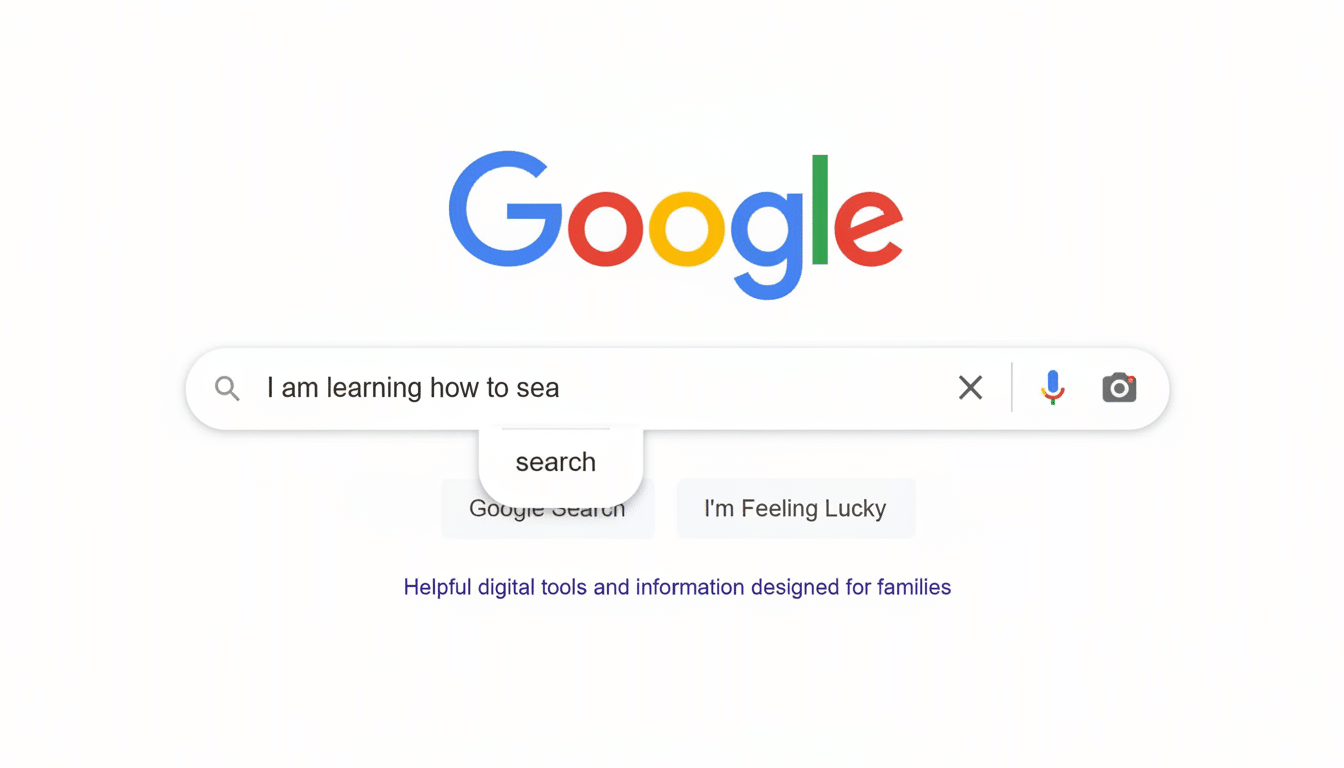Google has quietly slipped in a cunning little nod to Apple TV+’s Pluribus into Search, and it hits home so hard that your home itself is no longer recognizable. Type “Pluribus” into the search bar and a skinny line of text slides in from above with a question: “What are you searching for, Carol?” It’s a one-sentence summation, but it captures the show’s central tension so deftly that you have the sense that the internet itself is all ears.
The reference is deliberate. Breaking Bad creator Vince Gilligan’s new drama is built around Carol, portrayed by Rhea Seehorn, and a pulsating collective of hyperconnectivity known as The Joining, which operates like a human hive mind. On the show, the Joined appear all-knowing from one moment to the next, and when they speak those things that really matter transpire in spooky self-assurance. When that same omniscient tone shows up inside Google Search, it’s not just a cute wink — it’s a bit too on the nose.

How the Pluribus Easter egg works in Google Search
The trick is straightforward: do a search for “Pluribus” on desktop or mobile — and the little sentence will scroll in from the right, underneath the search bar.
There’s no audio, no animated confetti, no interactive doodad — just a characterful little snippet that pops up above the blue links and knowledge panel. In testing, it appears quickly and disappears if you make your query more specific, so that it does not obstruct the results themselves.
Most important yet, there is nothing personal about the Easter egg. Your account name or search history won’t play a role; rather, you’d judge “Carol” much like, well, the protagonist. That’s how the illusion functions without kicking privacy nerves, even though it ventures far into the show’s topics of mass surveillance and instant cognition.
Why it feels uncanny when it appears in Google Search
And it is the placement that sells the shiver. It hovers above Google’s regular answers, and in most markets, above the company’s AI Overviews module — an answer box that plays a generative role by which, since 2024, Google has been outputting widely. At Google I/O, the company announced its intentions to roll out AI Overviews to over a billion users and its early missteps were well-documented by outlets such as The Verge and The Washington Post. In that sense, a hive-mind message popping up right where the AI tries to sit in on behalf of the web is a cheeky bit of meta-commentary.
It’s also a reminder of how close search today often feels to a single, surer voice. In Pluribus, that voice is a collective with all-seeing knowledge. At Google, it is ranking systems and knowledge graphs, and now large language models under the banner of Gemini. The difference between whimsical Easter egg and product statement is razor-thin, and that’s why this one lands like a kick to the shins.

Google’s pop culture Easter eggs have a playbook
Google has a long history of cultural nods that generate social chatter without taking over the page. The “Thanos snap” search animation disappeared half of the results fleetingly in 2019. When you searched Friends’ character names, it brought up custom doodles for the sitcom’s 25th anniversary. “Do a barrel roll” and “askew,” at this point, are internet folklore. More recently, “Barbie” searches washed interfaces pink and The Last of Us searches grew on-screen fungi.
These are all lightweight, low-risk brand lifts. Studios buy the kind of instant visibility where audiences are already; Google buys a shareable moment that solidifies its brand as not just an unsexy utility but as a cultural surface. And many are time-limited as well, guaranteeing that they’ll continue to feel like discoveries and not permanent clutter.
The bigger search story behind the Pluribus joke
Under the hood, that modern results page is a pile of decisions: ads, carousels, knowledge panels — and now AI-written summaries. Google has been weaving personality into that stack — with Doodles, animations and Easter eggs — without puncturing its core business of answers and ads. A single, modest line for Pluribus suggests how the company can nod to pop culture while keeping rankings and revenue undisturbed.
The timing, for Apple TV+, is smart. Gilligan’s pedigree with Breaking Bad and Better Call Saul made this series one of the streamer’s most anticipated genre plays, plus a frictionless cameo inside the world’s most-used search engine is promotional oxygen. It is subtle enough to please those in the know, but conspicuous enough to raise an eyebrow for those who have not tuned in yet.
Will this Pluribus Easter egg stick around for long
Most Google tie-ins get over the buzz. Blame the second album syndrome, only after one record. So look for the Pluribus line to hang around for a hot minute and then all but vanish. But its afterimage will endure just a bit longer because it distills a wider truth about where Search has gone: one interface, becoming ever more confident in informing you what the planet knows. If an Easter egg about a hive mind belongs, that seems to both make sense and be right at home, that’s not just good marketing — it’s the times.

